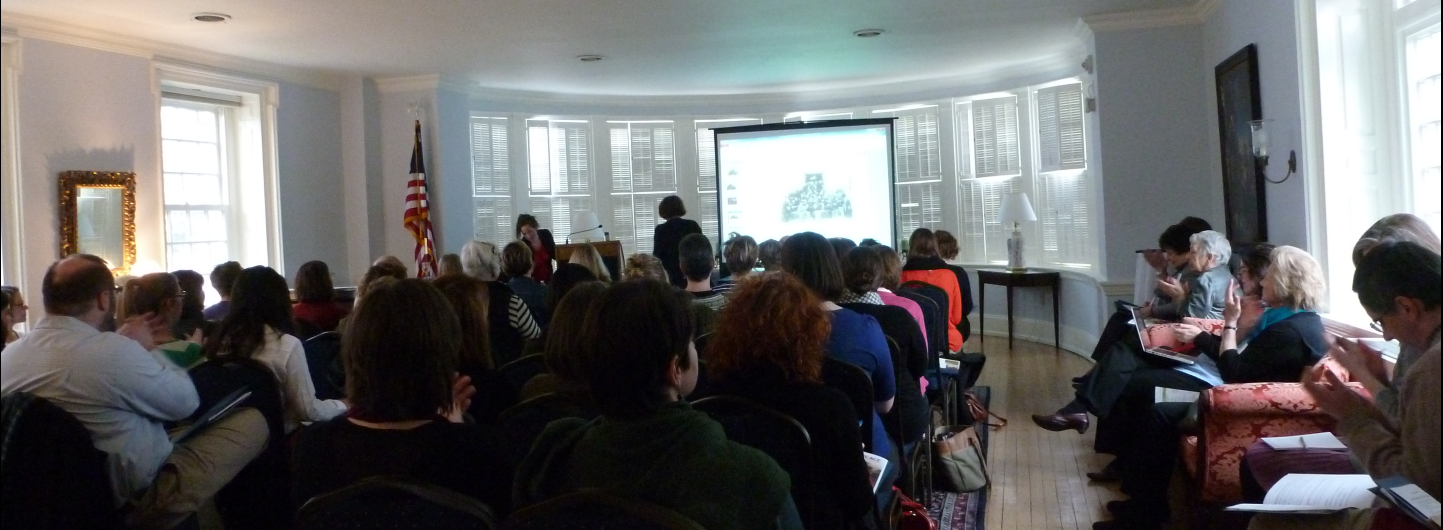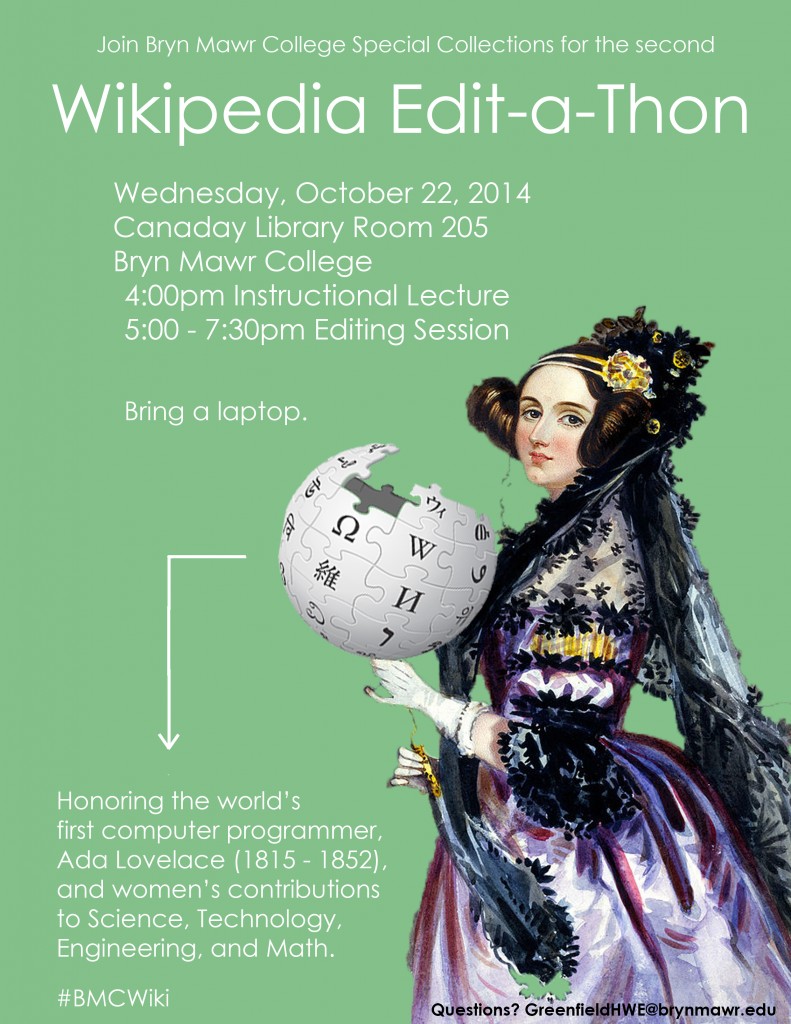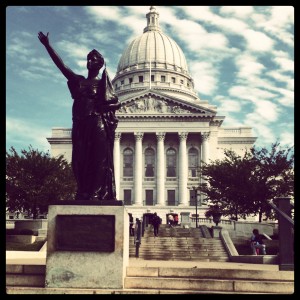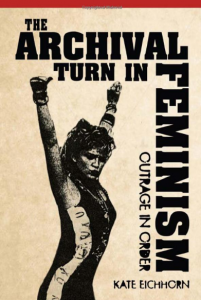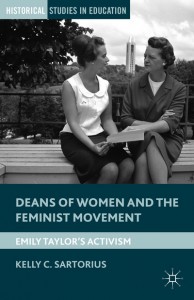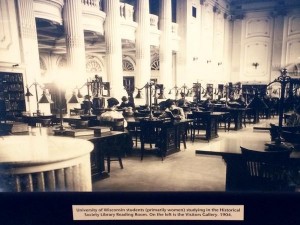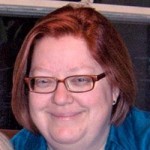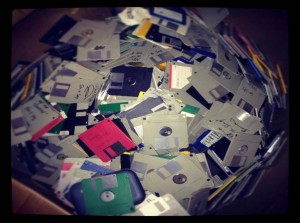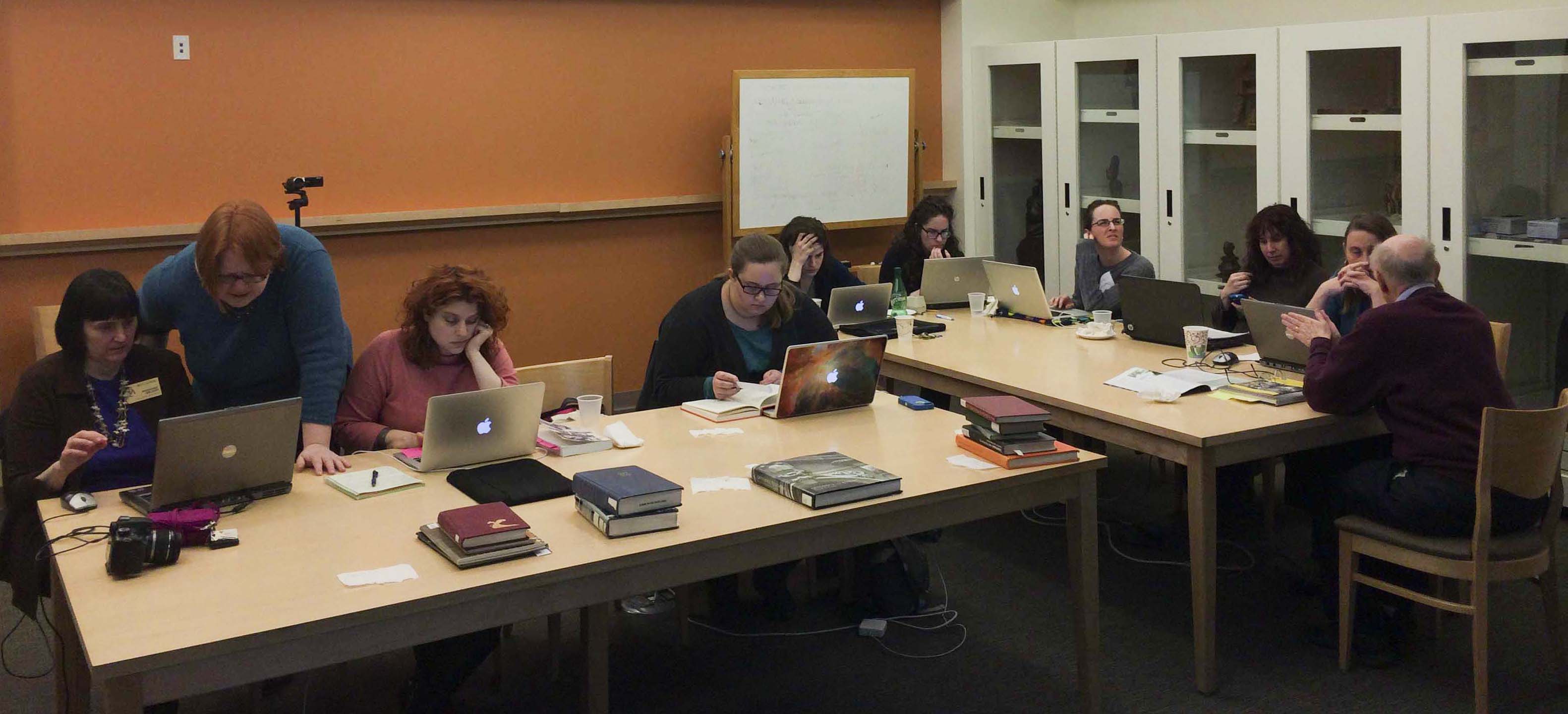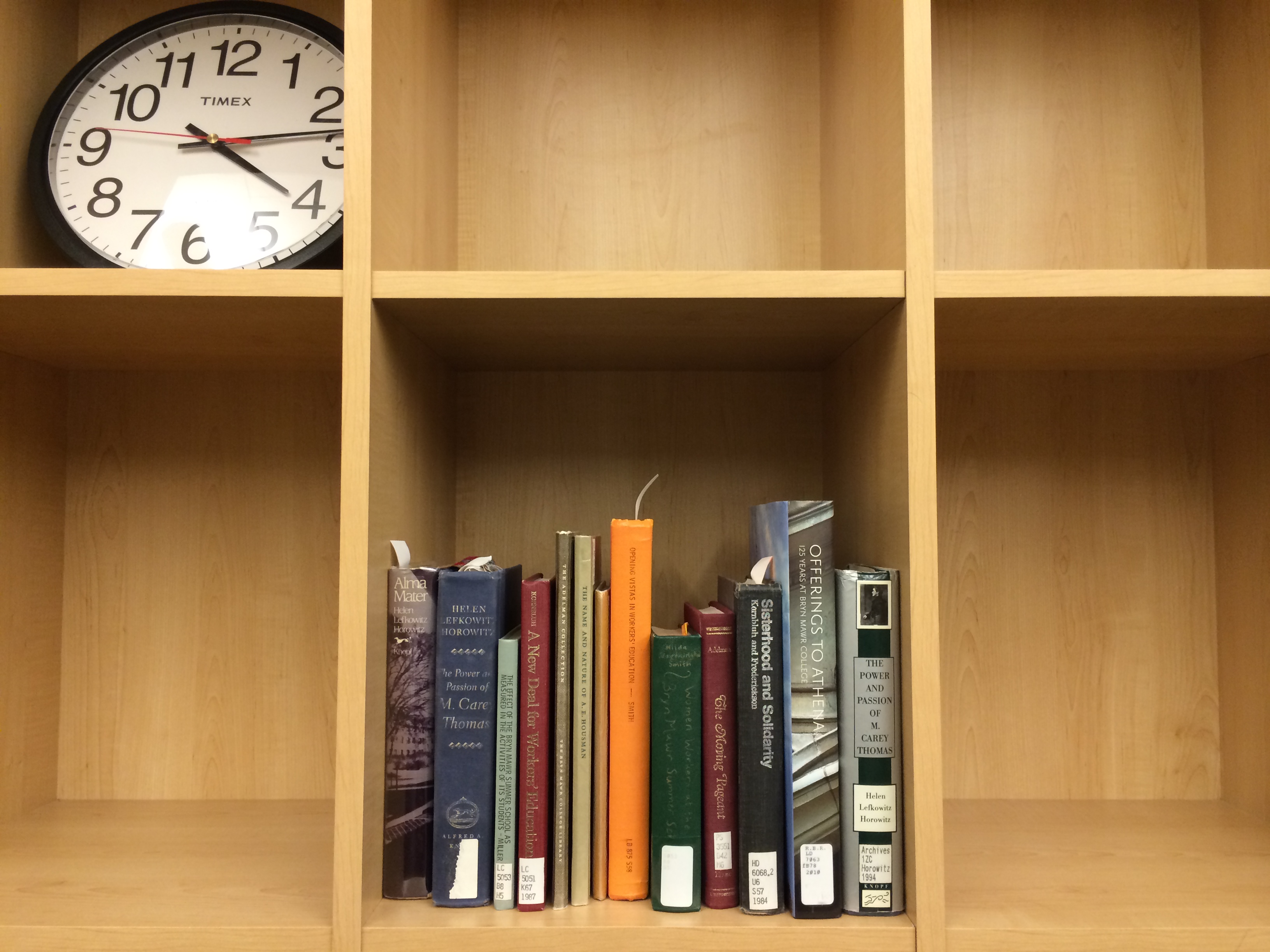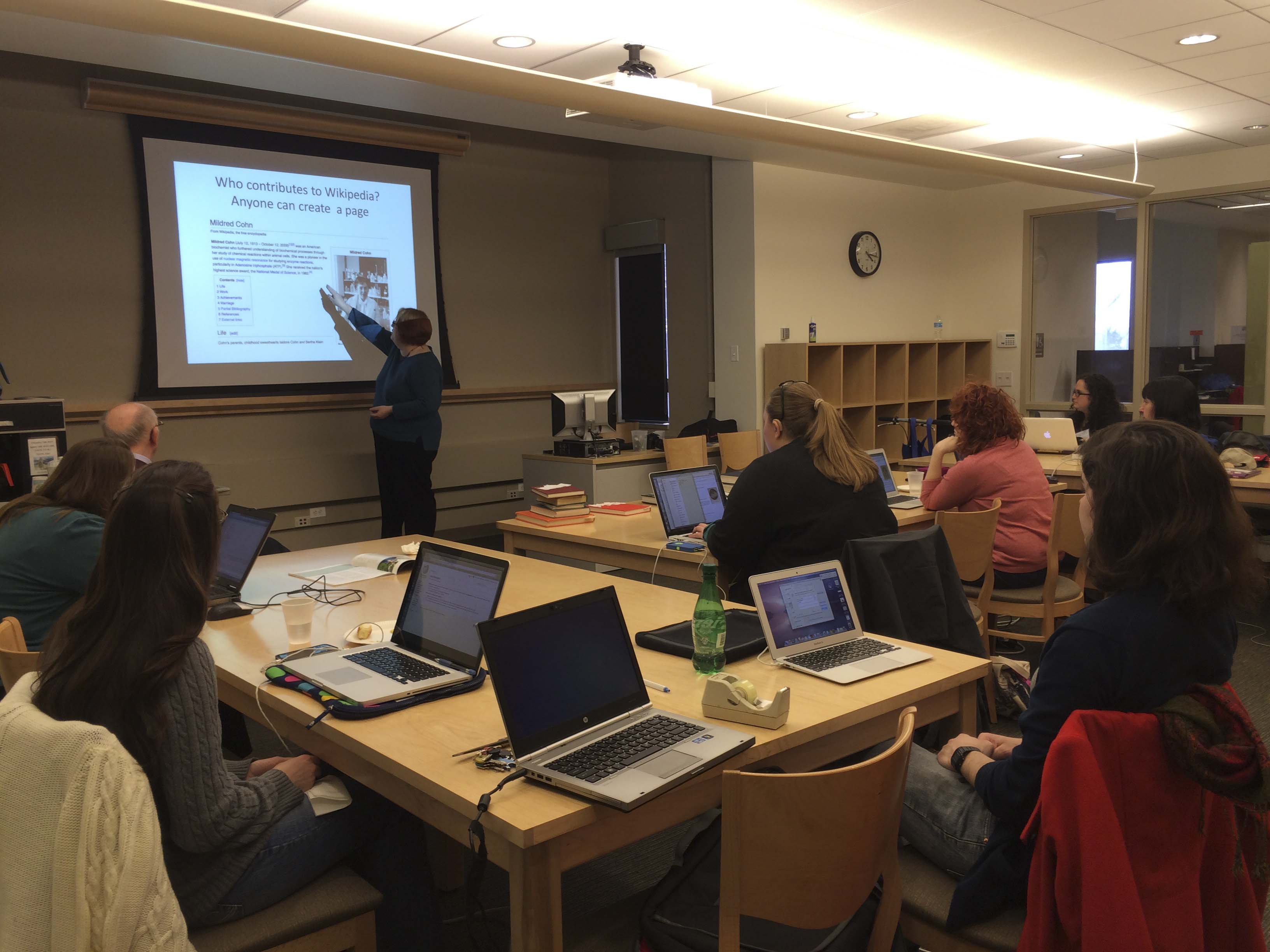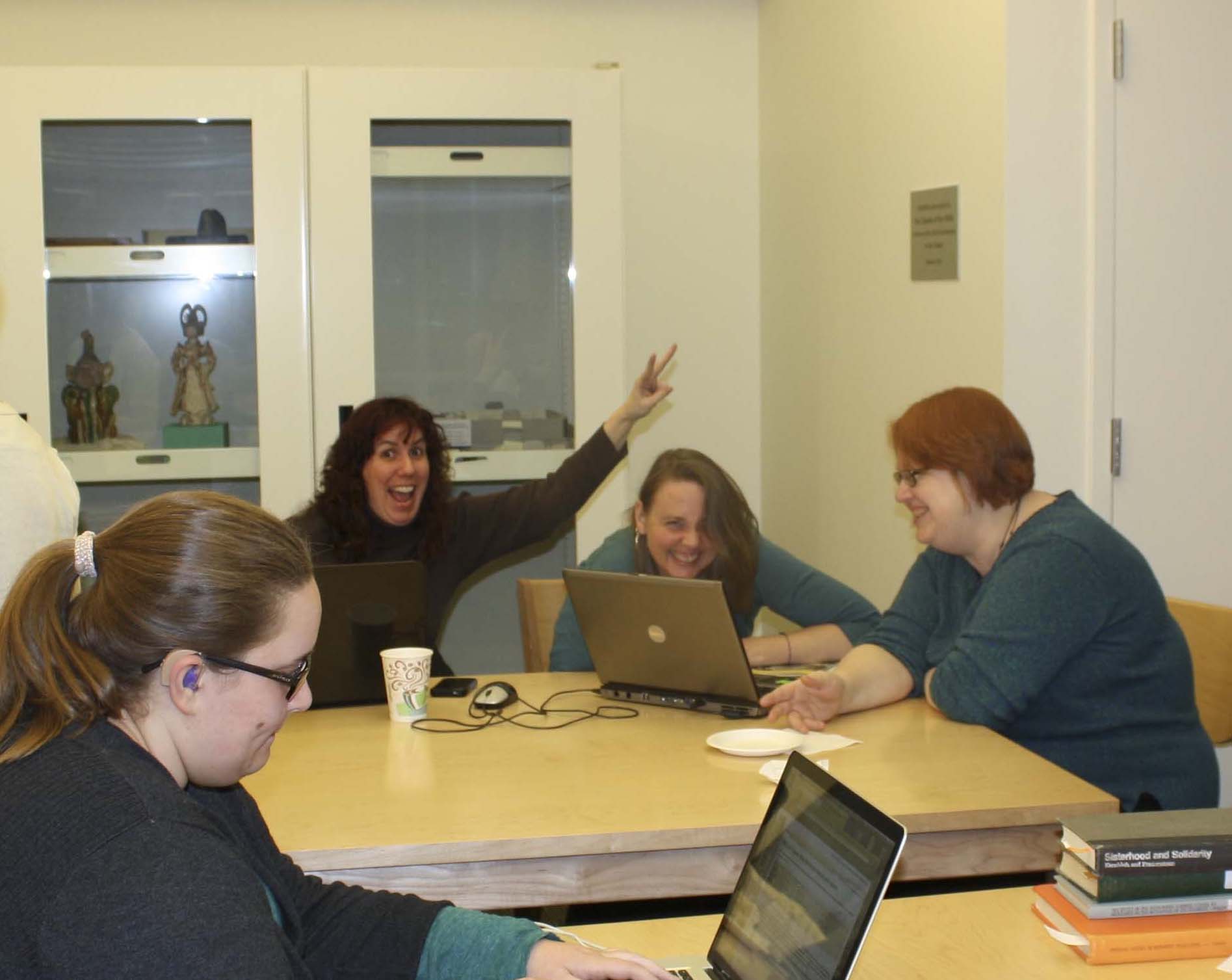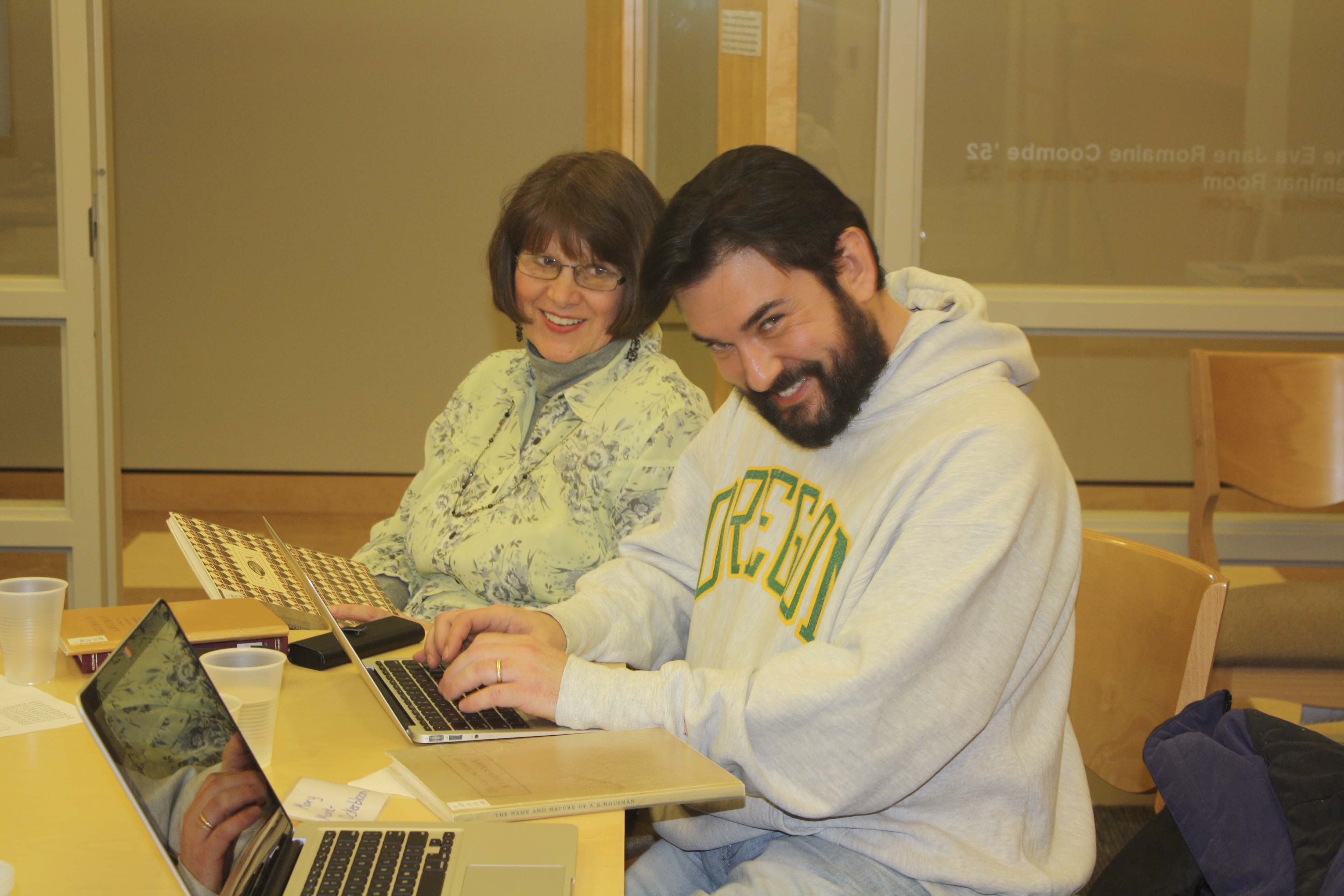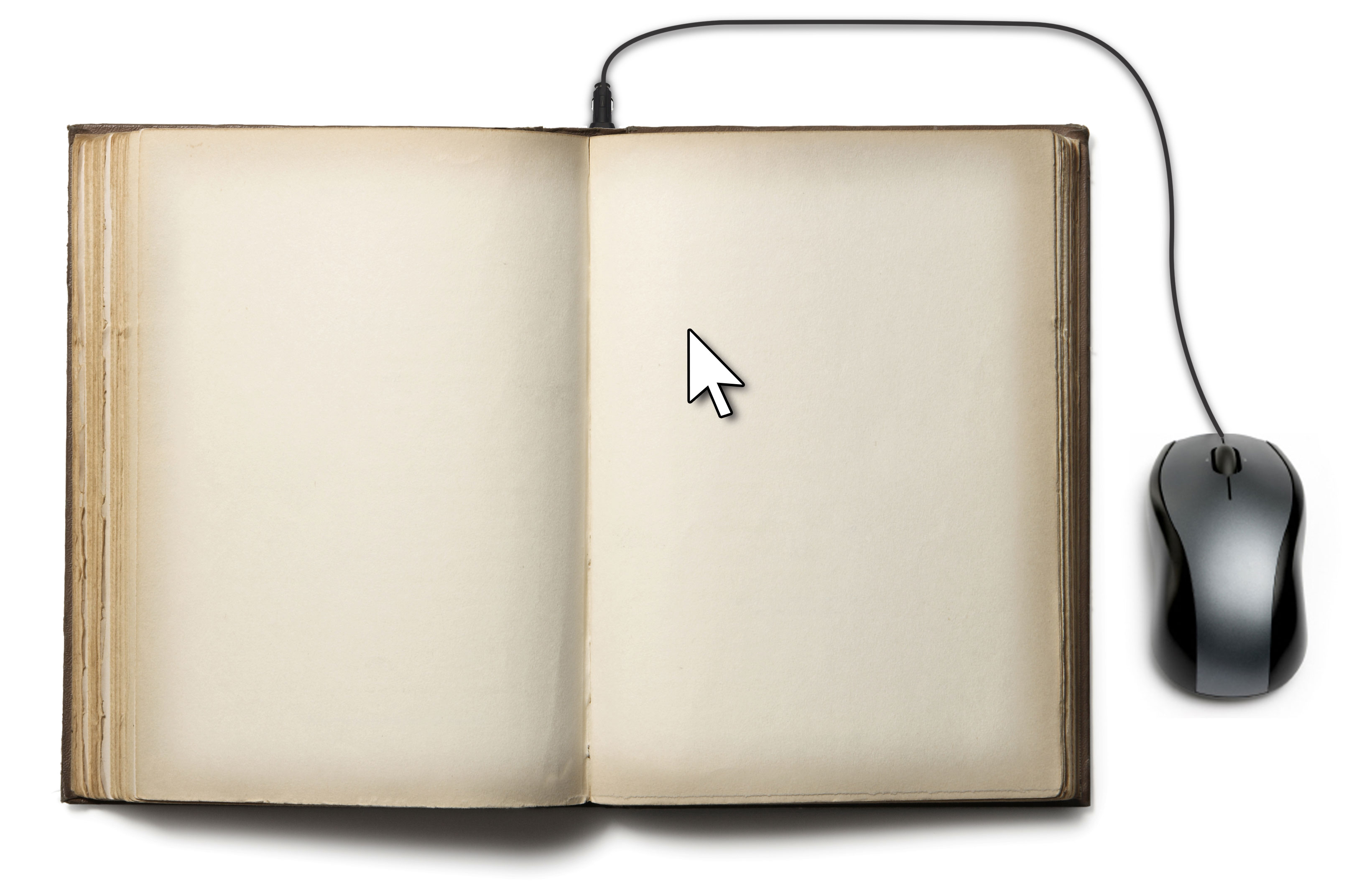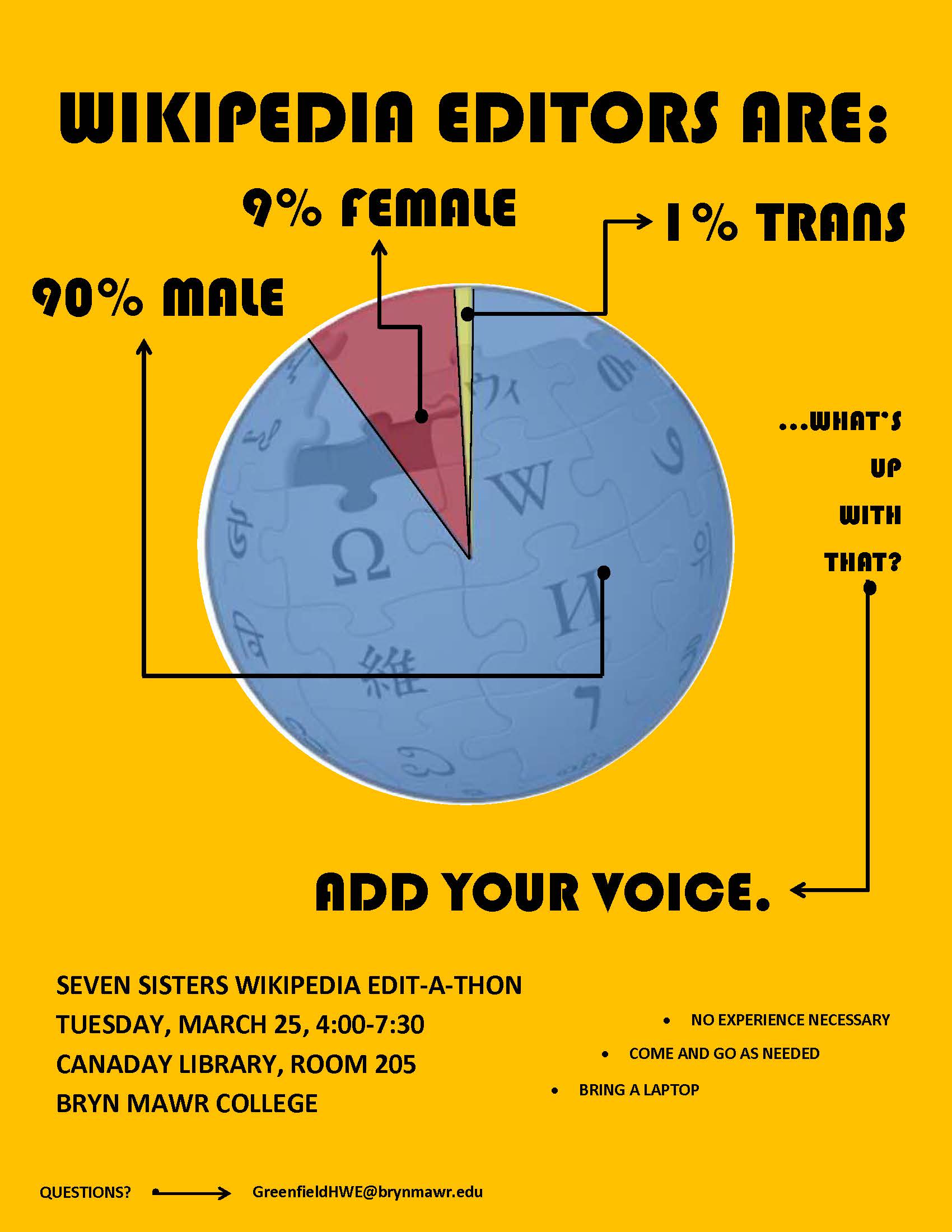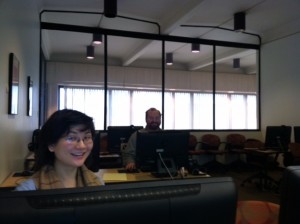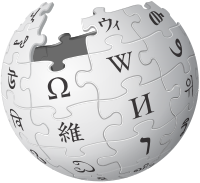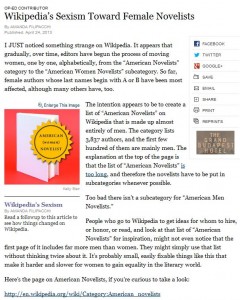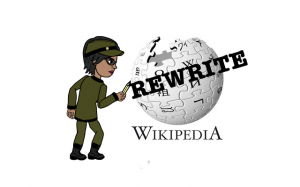 Call for Abstracts and Expressions of Interest for a Special Thematic Cluster of Atlantis: Critical Studies in Gender, Culture and Social Justice
Call for Abstracts and Expressions of Interest for a Special Thematic Cluster of Atlantis: Critical Studies in Gender, Culture and Social Justice
Belaboured Introductions: Critical Reflections on the Introductory Course in Women’s, Gender and Sexuality Studies
Co-editors: Melissa Autumn White, Rachel Alpha Johnston Hurst and Jennifer Musial
Criticism is an act of love, and like writing it is the response to what has come before, to what is coming into being even now.
–Paul Bové, reflecting on Edward Said.
The Hugo Schwyzer scandal has reignited longstanding debates within and beyond the interdisciplinary field of women’s, gender and sexuality studies (WGSS), centering on questions like the one posed by Tara Conley on the international email discussion forum WMST-L: “What qualifies one to teach topics related to women’s studies at the undergrad level?”, and in Colleen Flaherty’s journalistic coverage of the WMST-L debate for Inside Higher Ed, “Who Should Teach Women’s Studies?” (August 21, 2013). But more than questions of qualification, credentials and professional identity, the discussions that have emerged from the Schwyzer dust-up rather predictably call into question the institutional grounds and ambitions of Women’s, Gender and Sexuality Studies. We contend that this is a crucial moment in which to redirect these discussions through a focused analysis of, and reflection on, the status of the introductory course as a vital institutional object and generative remainder in this interdisciplinary field. We therefore invite extended abstracts and expressions of interest for papers that critically engage the pedagogy, aspirations and economies of “WGSS 101.”
This special thematic cluster aims to open critical space for reflection on the epistemological, material, and institutional frameworks that differentially enable and/or constrain the introductory course; the conscious and unconscious desires at play in the work of crafting and teaching the introductory course; approaches to intersectionality, interdisciplinarity, transnationalism, decolonization, indigenization in the introductory course; and the stories and genealogies of the field crafted through specific introductory syllabi and assignments.
We are especially interested in papers that engage with (but are not limited to) the following questions:
– How/Is it possible to maintain a feminist, anti-racist, learner-centered pedagogy in a large enrollment introductory class? How might programs and/or departments move toward more intimate classes within fiscal and administrative contexts that threaten the survival and vitality of WGSS and other “pedagogies of minority difference” (Ferguson 2012)?
– What do we want our courses to do in the university and beyond? More specifically, what do we want our courses to do in the lives of our students? What political and psychic aspirations, investments, and affective economies come into play in the development of critical WGSS pedagogy? What is the place of the introductory course in those circulations and movements of desire?
– What role does the introductory course play in crafting stories and genealogies of the field? What stories do we tell ourselves, our curriculum committees, our Deans, and our students about the place and aims of the introductory course in and beyond the university? How do we get stuck in the stories we stick by about WGSS, and with what effect (cf. Hemmings 2011, Wiegman 2012)?
– (How) does the still relatively uncommon Ph.D. in gender, women’s, and sexuality studies shape the introductory course? What are the outcomes and issues in hiring someone with/out a Ph.D. in WGSS to teach the introductory course? How/does granting tenure in WGSS affect curriculum and program development, particularly as it relates to a sustainable, compelling and rigorous introductory course?
– What are the labor politics—racialized, sexualized, gendered, material, affective—of the introductory course? Who teaches the introductory course and why? What, if any, is the relationship between introductory enrollments, departmental budgets, and tenure lines? What role does the labour of the introductory course play in the vitality of institutional, intellectual and mentoring cultures in WGSS?
– How are austerity discourses and university budget cuts impacting the introductory WGSS course as a particular mode of social labor? What are the strategic and/or troubling implications of ascribing value to the introductory course institutionally by articulating it as meeting “social justice”, “sustainability”, “global citizenship”, “civic engagement”, and “diversity learning” outcomes? Might and should the introductory course change to suit emerging educational markets?
– What archives of knowledge are entrenched and/or challenged by the labor of the introductory course? To what extent do/should the analytic categories of “gender,” “women,” and “sexuality” remain central in the introductory course given the racialized spatial politics that transnational, decolonizing and indigenizing feminist approaches emphasize, along with the destabilizations of “the categories themselves” (Valentine 2004) through queer and trans- studies?
– Paying attention to the role of eros and desire in teaching and learning, what does it mean when students are “transformed” by the introductory class and in the process displace those feelings onto the (sexualized) professor? How do WGSS faculty and instructors navigate the fine line between “being charismatic” and “developing a following”? What is the role of seduction in critical pedagogy, especially in programs whose survival depends on cultivating majors and minors (cf. Takacs and Chambliss, 2014)?
We invite essays, reflections, interventions, strategic documents, and/or archives of institutional development, written by well-known WGSS scholars and commentators, new instructors of the introductory course, those who serve on curriculum and/or steering committees, chairs of WGSS programs, inter/disciplinarily-trained professors, those who could teach the class but avoid it, those (precariously) assigned to teach the course on a semester’s notice, and those who hold Ph.D.’s in the field and/or have served a role in developing the Ph.D. program.
At this time, the special thematic cluster editors invite expressions of interest, in the form of an extended abstract of 500-750 words, detailing central questions and modes of inquiry by December 15, 2013 to atlantisgws101@gmail.com. Please include a 100 – 150 word bio with affiliation.
Full paper submissions will open in March 2014 and close in June 2014 with a formal announcement on the Atlantis website: http://journals.msvu.ca/index.php/atlantis/announcement. Following a full peer-review process, the special thematic cluster will appear in Atlantis: Critical Studies in Gender, Culture and Social Justice in December 2014.
Please contact the co-editors with any questions:atlantisgws101@gmail.com.
Co-editors’ Biographies
Melissa Autumn White is an Assistant Professor of Gender & Women’s Studies at the University of British Columbia, where the introductory course, “Gender, Race, Sexuality and Power,” is taught in two parts at the Okanagan campus, enrolling 200 and 60 students respectively. Under the working title “Ambivalent Belongings: Affective Governance and the Politics of Queer Migration in an Age of Global Apartheid,” her first book examines how queer migration and asylum politics dis/engage with the nation-state as a primary site of identification.
Rachel Alpha Johnston Hurst is an Assistant Professor of Women’s and Gender Studies at St. Francis Xavier University. Her introductory class enrolls 55 students, and in 2014-15 will become a part of the StFX Social Justice Colloquium (http://sites.stfx.ca/sjc/). Her book manuscript, “Surface Imaginations: Cosmetic Surgery, Photography, and Skin” is presently under review, and she is co-editor of Skin, Culture, and Psychoanalysis with Angela Failler and Sheila Cavanagh (Palgrave 2013). Currently she is working on a decolonizing re-reading of colonial photographs in North America.
Jennifer Musial is a Visiting Assistant Professor in Women’s and Gender Studies at Dickinson College, where she teaches “Introduction to Women’s and Gender Studies” in a small class environment. Before arriving at Dickinson, she was at Northern Arizona University where she offered the introductory course, “Women, Gender Identity, and Ethnicity” to 105 students each semester. Her research centers on reproductive citizenship, grievability, and gendered racialization, and her first book, “Pregnant Pause: Reproduction, Death, and Media Culture,” is in progress. Her Ph.D. in Women’s Studies is from York University (Toronto).
(PDF of call for abstracts can be downloaded at: http://bit.ly/1e5dmSH. Please share!)
